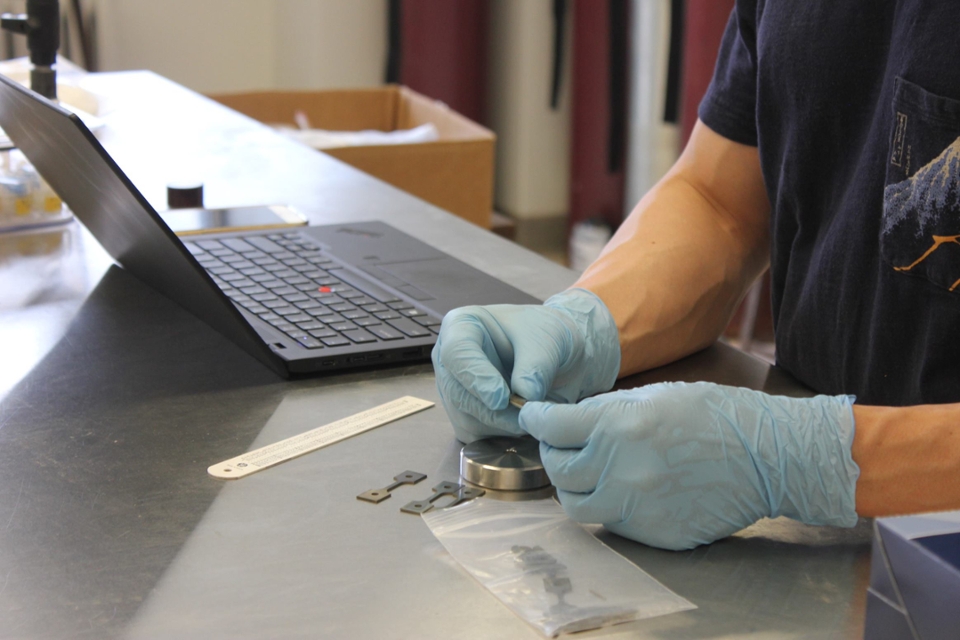To begin your application or learn more about the process, please review the School of Graduate Studies Application Guide.
The School of Graduate Studies is responsible for the initial application process.
Full details, including Awards/Scholarships, testing requirements, preparing for graduate studies, and other documentation, are outlined on the School of Graduate Studies website.
Applicants are responsible for monitoring their application process via the School of Graduate Studies portal. The department does not send updates on application status. Only successful applicants will be contacted.
The Department of Mechanical and Materials Engineering (MME) does not use Graduate Record Examination (GRE) to assess applications. We ask that you do not submit GREs with your application. Applicants are asked to submit two references/referees. This is to be done after the application fee is paid. At this point, an email will be sent to your references, asking them to respond.
Students can upload their transcript electronically to the Graduate School's website. If the MME department determines we are willing to admit you, you will be asked to mail or courier an official, original transcript to the Queen's School of Graduate Studies at:
School of Graduate Studies
Gordon Hall, Room 425
74 Union Street
Queen's University
Kingston, Ontario, Canada K7L 3N6
